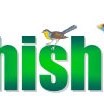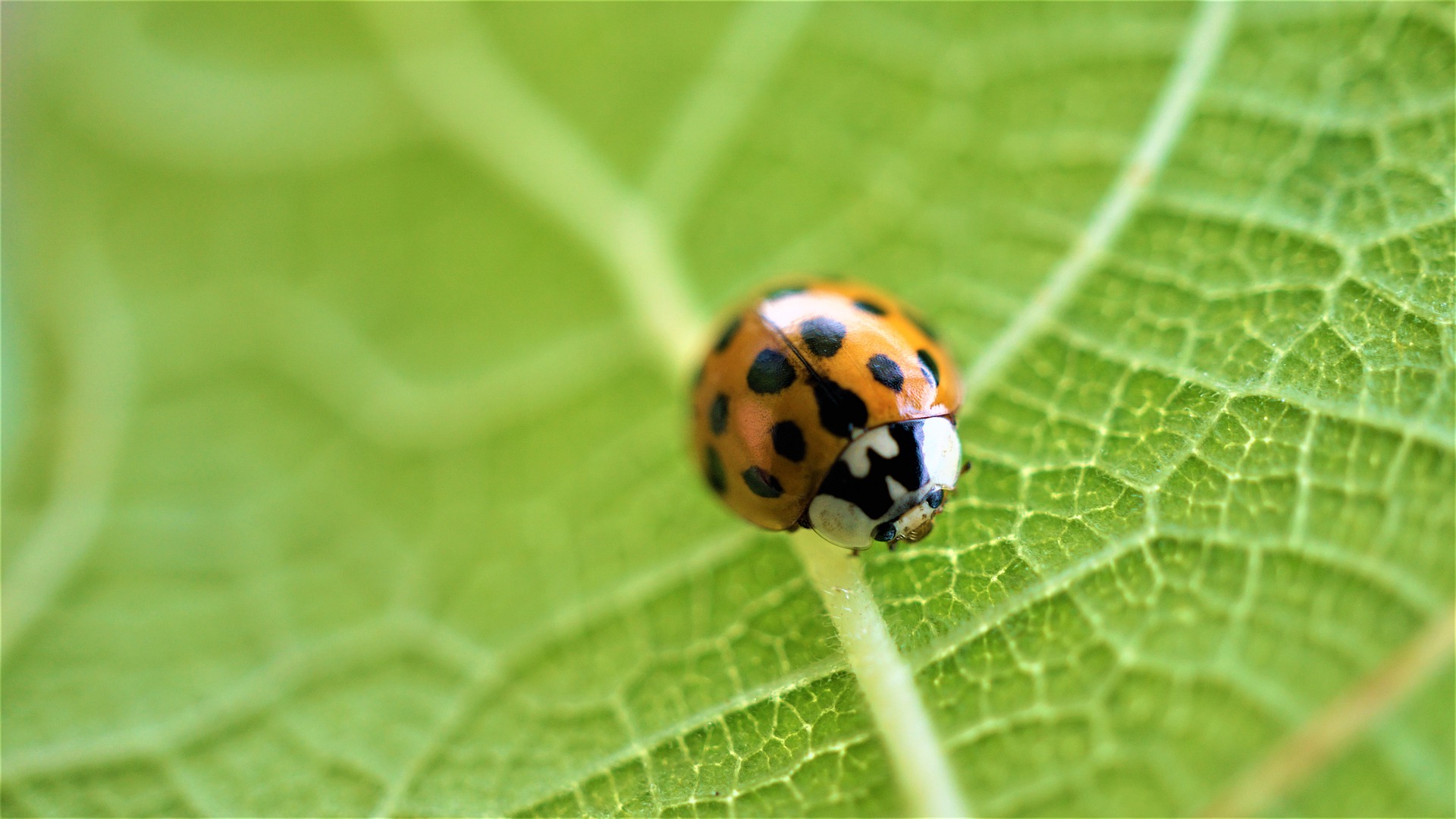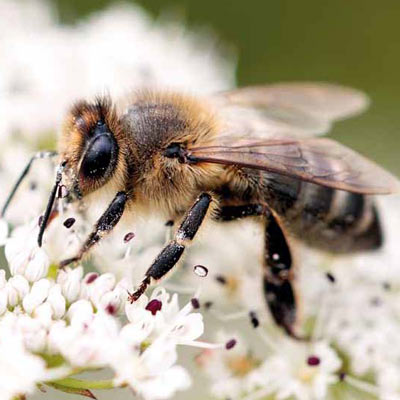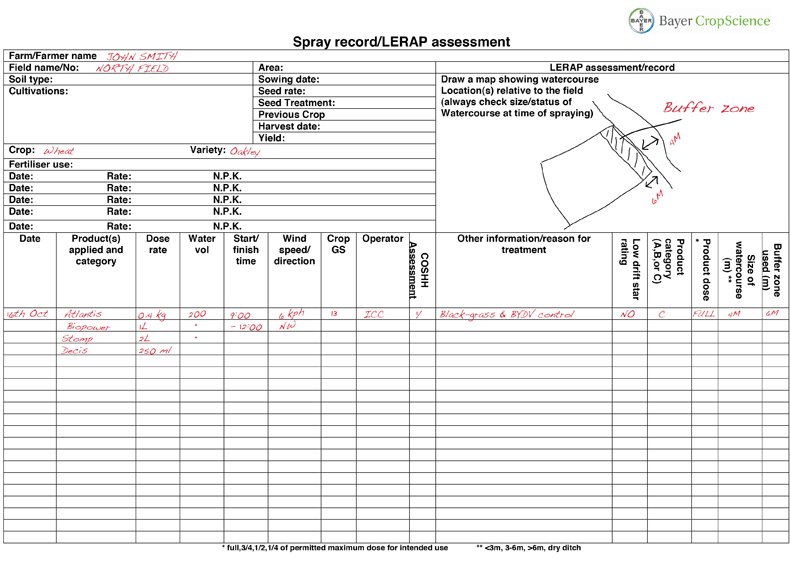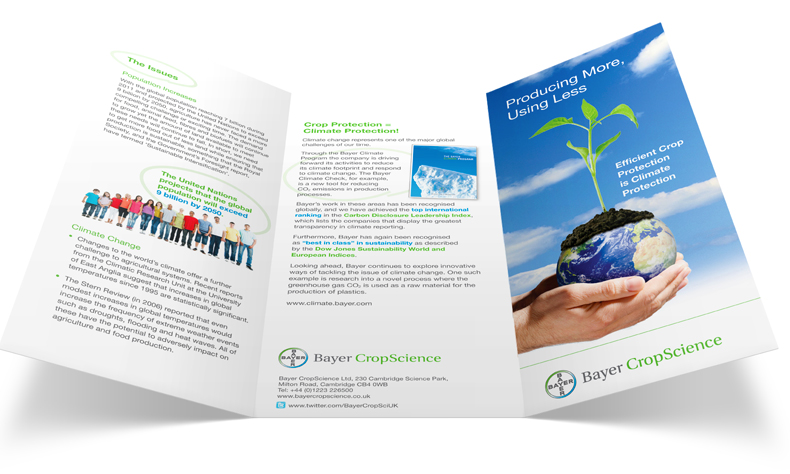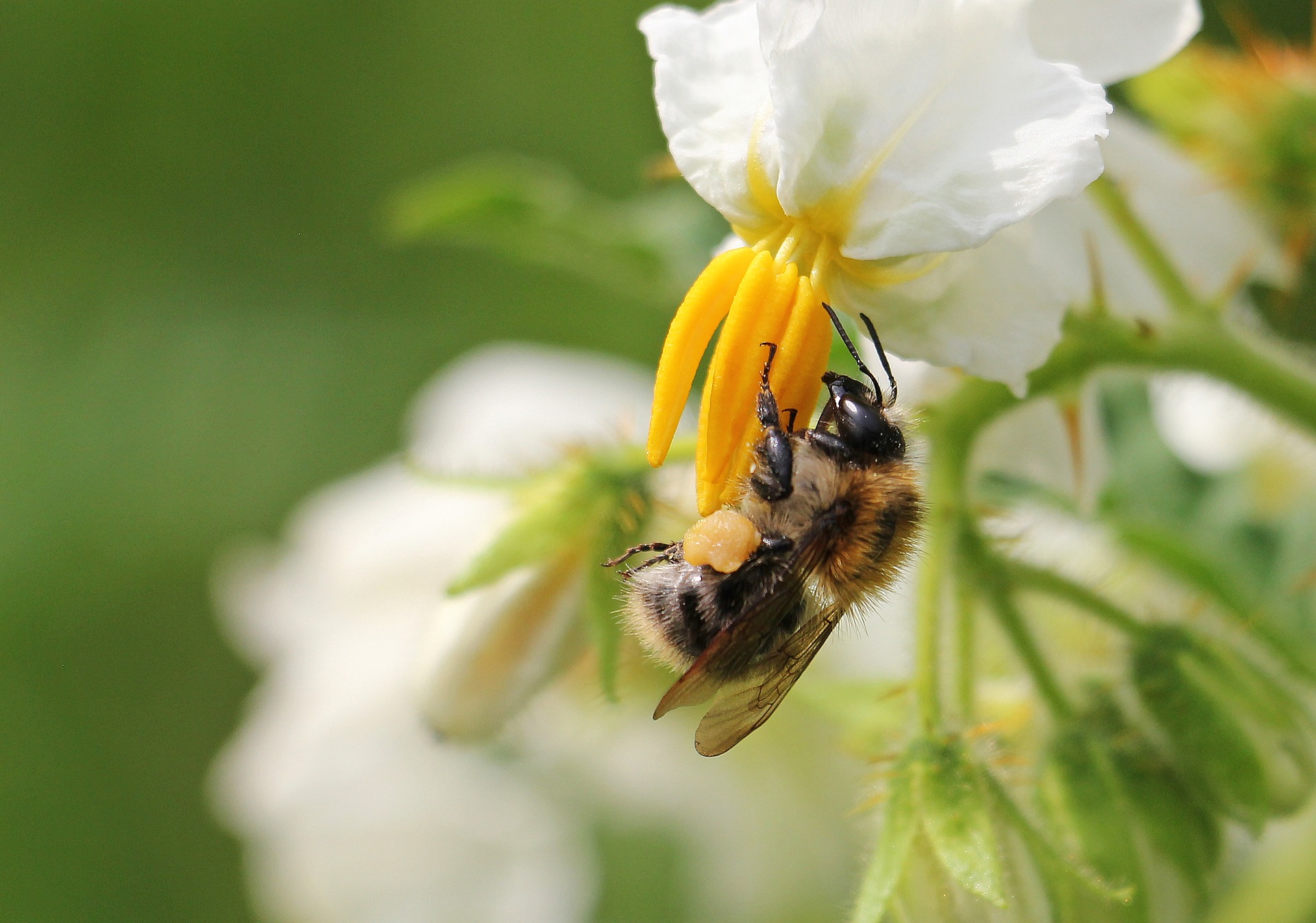Chishill
Chishill Orchard Farm lies on a gently undulating clay plateau to the south-west of Cambridge. Whilst the surrounding agricultural landscape is very open, Chishill Farm is bounded by mature hedgerows with trees giving the farm an enclosed feel.
Formerly an orchard producing both apples and plums, much of the farm has now been converted into combinable crops, predominantly cereals and winter oilseed rape. However, the farm still retains a diverse range of habitat. These include:
- plum and apple orchards
- a number of small woodland areas and ponds
- trees and extensive hedgerows
- grass pathways
Non-crop areas have been actively managed in order to promote wildlife populations and conservation areas, without detriment to the overall purpose of the farm as a field trials station.
